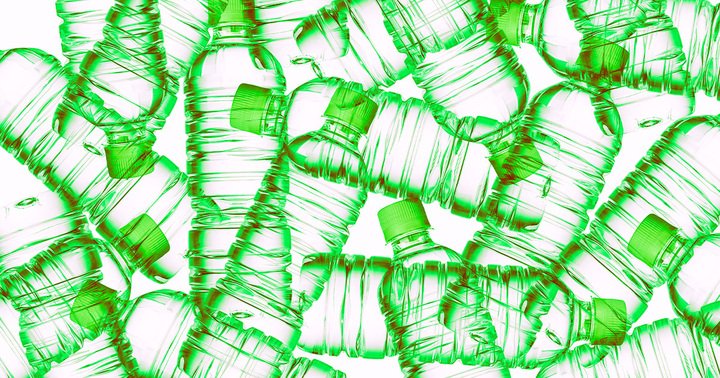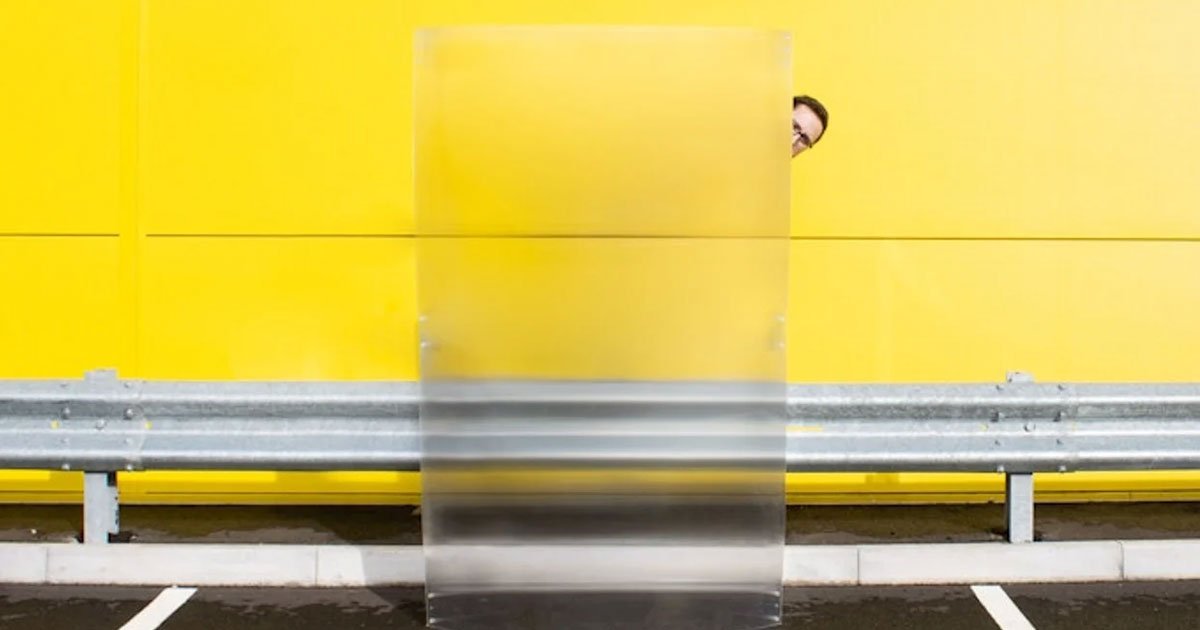Plastic Is Starting to Generate a Staggering Proportion of Earth’s Carbon Pollution

“The consequences of this industry’s unfettered carbon emissions will reach everyone on the planet.”
Trash Mountain
Our species’ bottomless appetite for plastic isn’t just a problem because of all the waste it generates. Its production is also spewing unchecked greenhouse gas emissions, according to a new report released this week by scientists at the Lawrence Berkeley National Laboratory.
The work shows that our reliance on the ubiquitous material is undermining climate change mitigation efforts, not to mention adding endless plastic pollution to the environment and our bodies in the form of insidious and far reaching microplastics.
“Petrochemicals, the building block of plastic, are already poisoning communities that neighbor production facilities with cancer-causing pollution,” Bloomberg Philanthropies’ Beyond Petrochemicals executive director and one of the report’s sponsors Heather McTeer Toney told The Guardian. “The consequences of this industry’s unfettered carbon emissions will reach everyone on the planet.”
Carbon Budget
The scientists found that even a conservative scenario — of the plastic sector growing at 2.5 percent per year — would result in a future in which greenhouse gas emissions from plastic production could more than double by 2050 and make up 21 to 26 percent of the planetary carbon budget that keeps temperatures below 1.5 degrees Celsius.
A less conservative scenario — in which the plastic sector grows by four percent per year — would see greenhouse gas emissions increasing three fold by 2050, making up a staggering 25 to 31 percent of the planetary carbon budget to keep warming at 1.5 degree Celsius.
The team arrived at the findings by analyzing how plastic is produced, from the extraction of fossil fuels to producing finished products.
The findings are grim, according to the scientists, and defy easy fixes — much like the rest of the climate crisis, tragically.
More on plastic: Scientists Find Bottled Water Filled With Hundreds of Thousands of Microplastics









